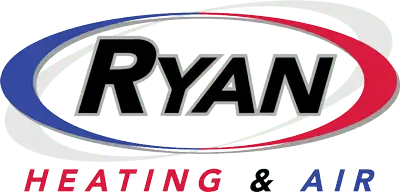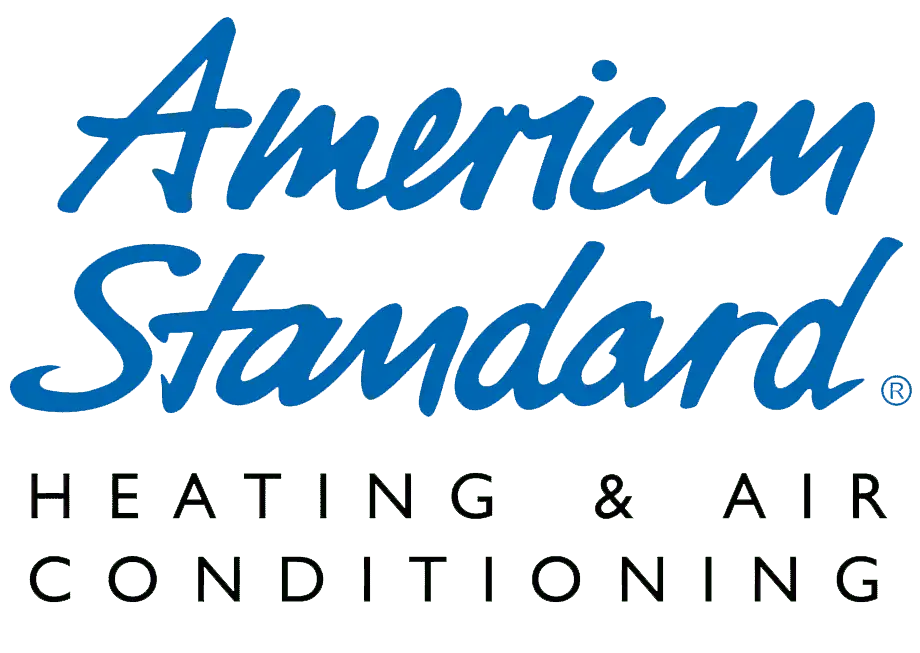For home and business owners in Chattanooga, TN, understanding your HVAC system is crucial for comfort and efficiency. But what exactly does HVAC stand for? Let’s dive into the world of heating, ventilation, and air conditioning to find out!
The Basics of HVAC
Heating, Ventilation, and Air Conditioning
HVAC stands for Heating, Ventilation, and Air Conditioning. This term encompasses the various systems and technologies used to regulate the temperature, humidity, and air quality within indoor spaces. An HVAC system is designed to provide year-round comfort, ensuring that you stay warm in the winter and cool in the summer, all while maintaining optimal air quality.
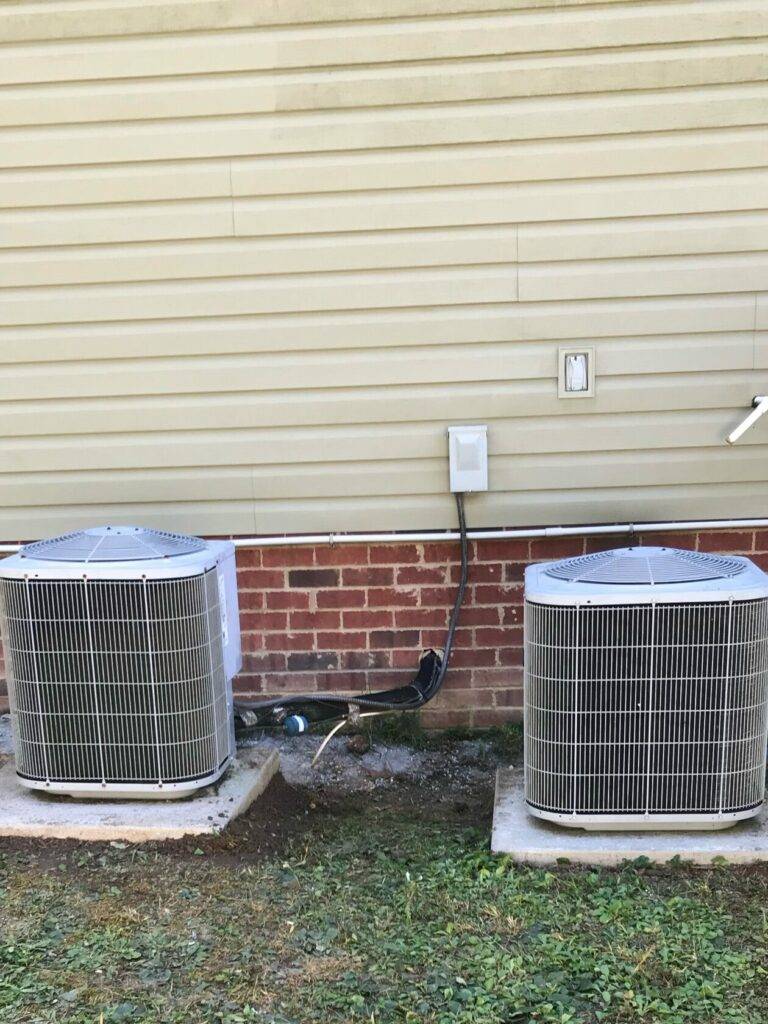
Heating: The Warmth Provider
The heating component of an HVAC system plays a crucial role in keeping your space comfortable during the colder months. There are several types of heating systems to choose from, each with its own advantages:
Furnaces:
Furnaces are one of the most common heating systems. They work by blowing heated air through ducts that deliver warm air to rooms throughout the house. They can be powered by natural gas, electricity, or oil.
Heat Pumps:
Heat pumps are versatile systems that can provide both heating and cooling. In the winter, they extract heat from the outside air or the ground and transfer it indoors. In the summer, they reverse the process to cool your home.
Boilers:
Boilers use water to provide heat. They heat water and then distribute it through radiators or underfloor heating systems to warm up your space.
When selecting a heating system, factors such as your local climate, the size of your space, energy efficiency, and fuel availability should be considered to ensure you choose the most suitable option for your needs.
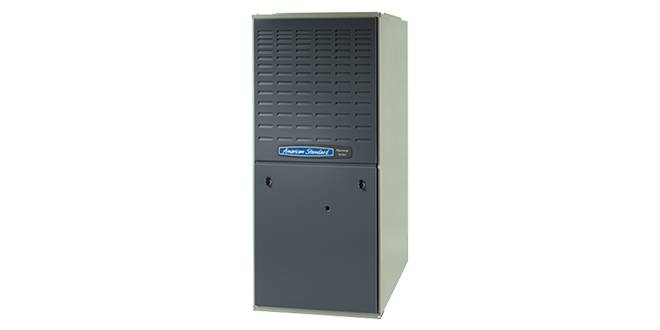
Ventilation: The Breath of Fresh Air
Ventilation is a critical aspect of any HVAC system, as it ensures the continuous exchange of indoor and outdoor air. This process helps to remove contaminants, such as dust, carbon dioxide, and other pollutants, from your indoor environment. Proper ventilation is essential for maintaining good indoor air quality, which is vital for the health and comfort of the occupants. There are various ventilation strategies, including:
Natural Ventilation:
This relies on passive air flow through open windows, doors, or vents, allowing fresh air to circulate naturally.
Mechanical Ventilation:
This uses fans and duct systems to actively remove stale air and bring in fresh air from outside.
Balanced Ventilation:
This involves both the removal of stale indoor air and the introduction of fresh outdoor air in equal amounts, typically using a heat recovery ventilator (HRV) or energy recovery ventilator (ERV) to conserve energy.
Air Conditioning: The Cool Comforter
Air conditioning is a key component of HVAC systems, especially in regions with hot and humid summers like Chattanooga, TN. Air conditioners work by removing heat and moisture from indoor air, thereby lowering the temperature and humidity levels to create a comfortable environment. There are several types of air conditioning systems, including:
Central Air Conditioning:
This system uses a network of ducts to distribute cool air throughout the entire building.
Ductless Mini-Split Systems:
These systems provide targeted cooling to specific areas without the need for ductwork, making them ideal for homes without existing ducts or for cooling individual rooms.
Portable and Window Units:
These are smaller, self-contained units that can be installed in a window or moved from room to room, providing a convenient and flexible cooling solution.
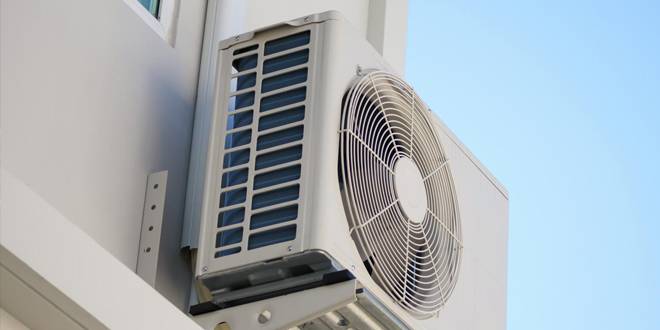
In summary, the basics of HVAC encompass heating, ventilation, and air conditioning, each playing a vital role in ensuring your indoor environment is comfortable, healthy, and energy-efficient. Whether you’re facing the heat of summer or the chill of winter, a well-designed and maintained HVAC system can provide the ideal climate for your home or business.
The Importance of HVAC in Your Life
Comfort and Well-being
A well-functioning HVAC system is crucial for creating a comfortable living or working environment. It regulates temperature and humidity, ensuring that indoor conditions are neither too hot nor too cold. This balance is essential for physical comfort, as extreme temperatures can lead to discomfort, fatigue, and even health issues. Moreover, a properly maintained HVAC system circulates fresh air, preventing the stagnation that can lead to a musty or stale atmosphere. This circulation contributes to overall well-being, making indoor spaces more pleasant and conducive to relaxation or productivity.
Energy Efficiency
In today’s world, energy efficiency is more important than ever. Modern HVAC systems are designed with this in mind, incorporating advanced technologies that minimize energy consumption while maximizing performance. By choosing an energy-efficient system and ensuring it is properly maintained, you can significantly reduce your energy bills. This not only leads to financial savings but also helps reduce your carbon footprint. An efficient HVAC system uses less energy to heat or cool your space, which means fewer greenhouse gas emissions and a smaller impact on the environment.
Health and Air Quality
The air quality in your home or business has a direct impact on your health. HVAC systems play a vital role in maintaining clean, healthy air. They are equipped with filters that trap dust, pollen, and other airborne particles, preventing them from circulating in your indoor space. This filtration is especially important for individuals with allergies or respiratory conditions, as it can reduce the triggers that cause symptoms. Additionally, HVAC systems help control humidity levels, which can inhibit the growth of mold and mildew. These fungi can cause a range of health problems, from allergic reactions to more serious respiratory infections. By maintaining proper humidity and filtration, your HVAC system can help protect your health and ensure the air you breathe is clean and safe.
In conclusion, the importance of HVAC in your life extends beyond simple temperature control. It encompasses comfort, energy efficiency, and health, making it an essential component of modern living. Whether you’re at home or work, a well-maintained HVAC system contributes to a better quality of life, providing a comfortable, energy-efficient, and healthy environment.
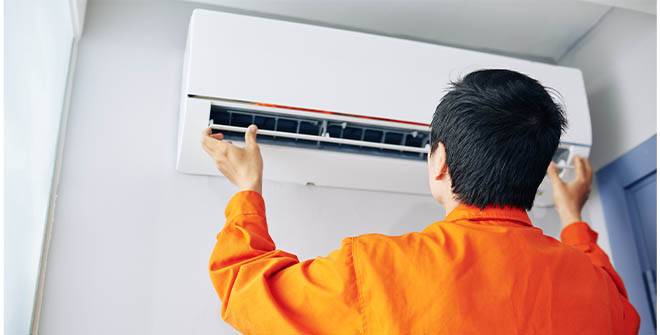
The Evolution of HVAC Technology
From Ancient Times to Modern Days
The quest to create comfortable indoor environments has a long history that stretches back to ancient civilizations. The Romans, for example, used hypocaust systems to heat their baths and villas, circulating warm air beneath the floors. In ancient Persia, wind towers called badgirs were used to cool buildings by directing airflow downward, creating a natural ventilation system.
The Industrial Revolution in the 19th century marked a turning point in the evolution of HVAC technology. The invention of mechanical refrigeration by James Harrison and others laid the groundwork for modern air conditioning. In 1902, Willis Carrier developed the first modern air conditioning system, designed to control both temperature and humidity in a printing plant.
The 20th century saw rapid advancements in HVAC technology, including the widespread adoption of central heating systems, the development of heat pumps, and the introduction of residential air conditioning units. These innovations transformed the way we heat and cool our homes and businesses, making indoor comfort more accessible and reliable.
Cutting-Edge Innovations
Today, the HVAC industry is at the forefront of technological innovation, with a strong emphasis on sustainability and energy efficiency. Some of the latest advancements include:
Geothermal Heat Pumps:
These systems use the stable temperature of the earth to provide heating and cooling. By tapping into the ground’s natural heat in the winter and dissipating heat into it in the summer, geothermal systems offer a highly efficient and environmentally friendly HVAC solution.
Solar-Powered Systems:
Harnessing the power of the sun, solar-powered HVAC systems are becoming increasingly popular. These systems can significantly reduce reliance on traditional energy sources, lowering utility bills and reducing carbon emissions.
Smart Thermostats:
With the rise of smart home technology, smart thermostats have become a game-changer in HVAC management. These devices allow users to control their heating and cooling systems remotely via smartphone apps, and they can learn your habits to optimize energy usage and comfort.
Variable Refrigerant Flow (VRF) Systems:
VRF systems offer precise temperature control by varying the flow of refrigerant to different parts of a building. This allows for individualized comfort settings and improved energy efficiency.
Air Purification Technologies:
In response to growing concerns about indoor air quality, new HVAC systems are being equipped with advanced air purification features. These include HEPA filters, UV lights, and ionization technologies that can remove a wide range of airborne contaminants.
The evolution of HVAC technology reflects our ongoing quest for comfort, efficiency, and sustainability. As we continue to innovate, the future of HVAC promises even more exciting developments that will transform the way we live and work.
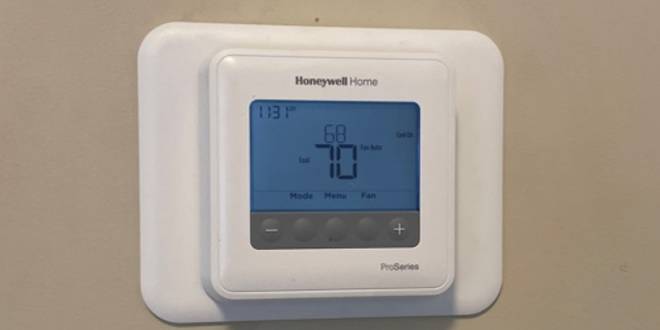
Choosing the Right HVAC System for Your Space
Assessing Your Needs
Selecting the right HVAC system for your home or business is a critical decision that can impact your comfort, energy bills, and environmental footprint. Here are some key factors to consider when choosing an HVAC system:
Size of Your Space: The size of the area you need to heat or cool plays a significant role in determining the capacity of the HVAC system you require. An undersized system will struggle to maintain comfortable temperatures, while an oversized system can lead to inefficient operation and increased energy costs.
Local Climate: The climate in your region will influence the type of HVAC system that is most suitable. For example, in areas with mild winters, a heat pump might be more energy-efficient than a traditional furnace. In hot and humid climates, a system with advanced humidity control might be necessary.
Energy Efficiency Ratings: Look for systems with high energy efficiency ratings, such as SEER (Seasonal Energy Efficiency Ratio) for air conditioners and AFUE (Annual Fuel Utilization Efficiency) for furnaces. Higher ratings indicate more efficient systems that can save you money on energy bills in the long run.
Budget: While it’s important to invest in a quality HVAC system, you also need to consider your budget. Keep in mind that a more efficient system may have a higher upfront cost but can lead to significant savings over time through reduced energy consumption.
Long-term Needs: Consider your future needs, such as potential expansions of your space or changes in usage patterns. A flexible and scalable HVAC system can adapt to your evolving requirements.
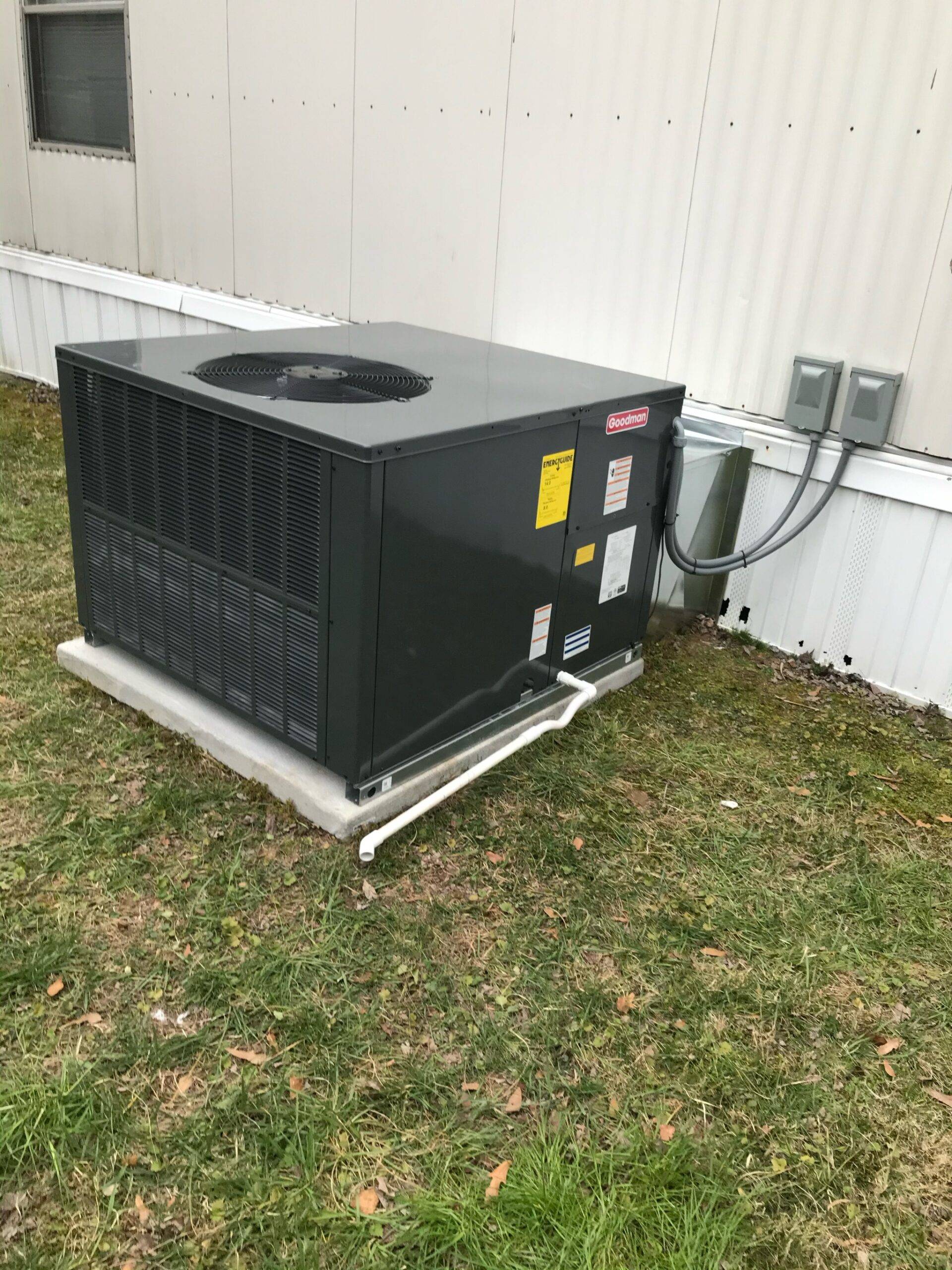
Professional Consultation
Consulting with a professional HVAC contractor is crucial for making an informed decision. Here’s how a professional can assist you:
Assessment: A skilled contractor can assess your specific needs based on the size of your space, insulation levels, number of occupants, and other factors. This ensures that you get a system that is appropriately sized and tailored to your requirements.
Recommendations: HVAC professionals have in-depth knowledge of the latest systems and technologies. They can recommend options that offer the best combination of performance, energy efficiency, and cost-effectiveness for your situation.
Proper Installation: The performance and efficiency of an HVAC system heavily depend on proper installation. A professional contractor will ensure that your system is installed correctly, with attention to details like ductwork design and airflow balance.
Warranty and Service: A reputable HVAC contractor will provide warranties for their work and the equipment. They can also offer ongoing maintenance services to keep your system running smoothly and address any issues that may arise.
In summary, choosing the right HVAC system involves careful consideration of your specific needs and consulting with a professional who can guide you through the selection process. By taking these steps, you can ensure that you invest in a system that provides optimal comfort and efficiency for your space.
Maintaining Your HVAC System
Regular Maintenance is Key
To keep your HVAC system running smoothly, regular maintenance is essential. This includes tasks like changing air filters, cleaning ducts, and checking for any potential issues. Regular check-ups can prevent costly repairs and extend the lifespan of your system.
DIY Tips and Professional Services
While there are some maintenance tasks you can do yourself, it’s important to have your system professionally serviced at least once a year. A qualified technician can perform a thorough inspection and address any issues before they become major problems.
Understanding what HVAC stands for is just the beginning. Your heating, ventilation, and air conditioning system plays a vital role in your comfort, health, and energy consumption. By choosing the right system and keeping up with maintenance, you can enjoy a comfortable and efficient indoor environment all year round.
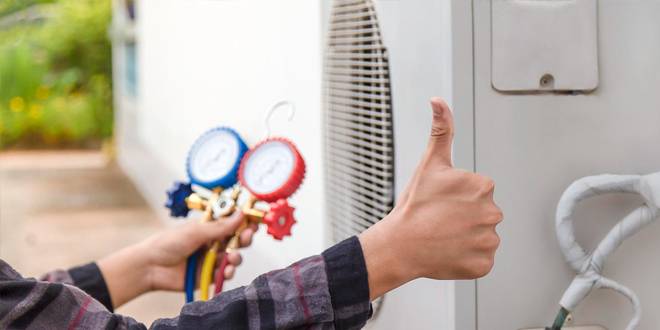
Stay Cool and Comfortable with Ryan Heating & Air 🌬️❄️
Ready to take control of your indoor climate? Contact Ryan Heating & Air for expert HVAC services in Chattanooga, TN. From installation to maintenance, our team is here to ensure your system is in top condition, keeping you cool in summer and cozy in winter. Experience the difference with professional, reliable service. Call us today and embrace the comfort you deserve!
